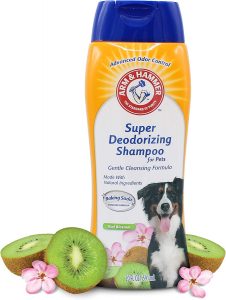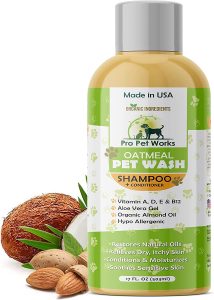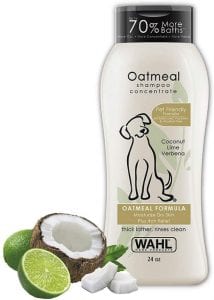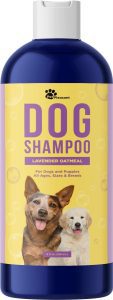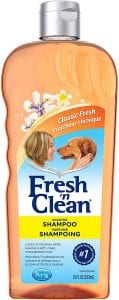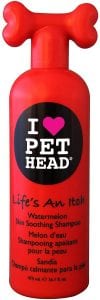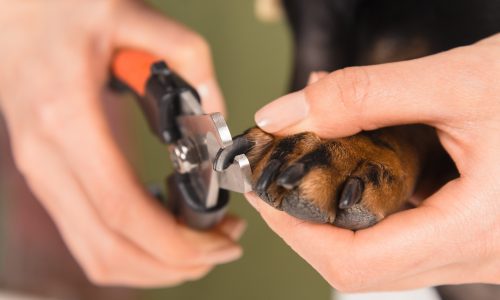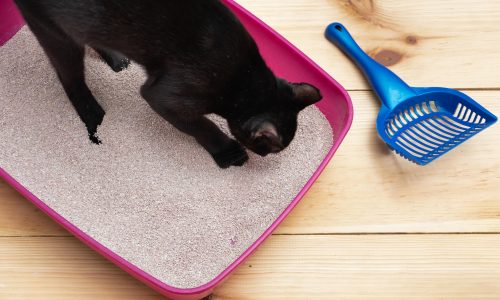The Best Pet Shampoo
We looked at the top 11 Pet Shampoos and dug through the reviews from 14 of the most popular review sites including and more. The result is a ranking of the best Pet Shampoos.
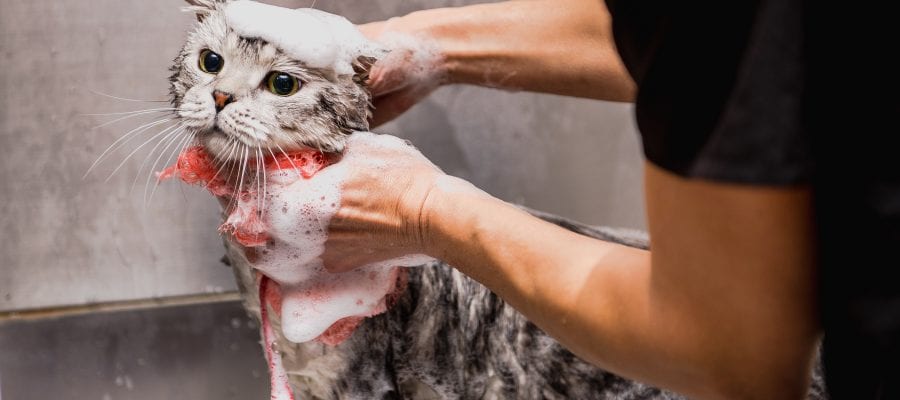
Our Review Process
Don't Waste Your Money is focused on helping you make the best purchasing decision. Our team of experts spends hundreds of hours analyzing, testing, and researching products so you don't have to. Learn more.
Our Picks For The Top Pet Shampoos
- 1. Vet’s Best Paraben Free Pet Shampoo, 16-Ounce
- 2. Arm & Hammer Gentle Cleansing Pet Shampoo, 20-Ounce
- 3. John Paul Pet Soothing Moisturizing Pet Shampoo, 16-Ounce
- 4. Pro Pet Works Hypoallergenic Pet Shampoo, 17-Ounce
- 5. Wahl Paraben-Free Pet Shampoo, 24-Ounce
- 6. Honeydew Natural Deodorizing Pet Shampoo, 8-Ounce
- 7. TropiClean pH Balanced Pet Shampoo & Conditioner, 20-Ounce
- 8. Fresh ‘n Clean Tangle-Free Pet Shampoo, 18-Ounce
- 9. Burt’s Bees Fragrance Free Pet Shampoo, 16-Ounce
- 10. Pet Head Life’s An Itch Eco-Friendly Pet Shampoo, 16-Ounce
- 11. Earthbath Colloidal Pet Shampoo, 16-Ounce
If your pup suffers from seasonal allergies, you'll want to go with this pet shampoo. It's designed to relieve the itching associated with common allergens. Natural ingredients, like essential oils, oatmeal and tea tree oil work wonders to clean your pet, while also soothing his skin.
Best for Itchy SkinThis pet shampoo won't dry out your pet's skin, so you can use it as often as you need.
Not only does this pet shampoo clean your furry friend, but it also leaves his coat smelling like fresh kiwi blossoms. The formula utilizes the natural power of baking soda and is made using all-natural ingredients. Simply lather up your pet using this deodorizing shampoo, rinse and towel dry.
Double DutyYou can use this pet shampoo in conjunction with flea and tick medicines, as it contains zero harsh ingredients.
This pet shampoo is made with pure oatmeal, aloe and chamomile for a gentle, soothing approach to shampooing your pet. It also includes almond oil for conditioning, which also leaves your dog smelling sweet after the bath is over. The company donates a portion of each sale to animal and wildlife organizations.
Gentle PickIf your dog suffers from skin irritation, this formula is specially designed to provide relief.
With ingredients like almond oil, vitamin D and aloe vera, you can't go wrong with this pet shampoo. It's safe for dogs and cats with sensitive skin and has a pleasant scent. The formula not only does an excellent job of keeping skin moisturized, but it also helps relieve skin issues.
Nourishing IngredientsIn addition to dogs and cats, this pet shampoo can also be used on ferrets, guinea pigs and rabbits.
Buying Guide
If you like cuddle time with your dog, you probably have noticed that sometimes pets can smell not so pleasant. Even if you don’t notice the odor, your guests and other household members may.
But how often a dog needs to be bathed varies from one breed to another. Some pets, such as the Chinese Crested, need weekly baths, while those with longer hair, as seen in the Maltese and Collie breeds, can go four to six weeks between baths. In the latter case, though, a lot of maintenance is involved in keeping the coat free of mats and tangles between those grooming sessions. In other words, you may not have to shampoo once a week, but brushing may be a daily occurrence.
If you’re washing your dog yourself, the type of shampoo you use is also an important factor. With pets, the skin beneath the coat is just as important as the fur you’re washing. Dog shampoo is formulated to be safe for use on both the hairs on a dog’s coat and the skin beneath.
Natural ingredients are especially popular in today’s pet shampoos. You’ll likely find plenty of options that have oatmeal, aloe, chamomile and similar ingredients designed to clean while also being gentle on a pet’s skin.
As with your own hair, once you’ve shampooed, the next step is conditioner. You’ll need to make sure the fur is soft after it dries. This not only makes it pleasing to touch, but it will also give it that attractive sheen and make it easy to brush. For longer-haired dogs, it can keep mats and tangles to a minimum.
But before you start shopping for pet shampoo, you should note the special needs your pet has. If you’re merely trying to improve your pet’s scent, you’ll have more options than if you’re treating an issue like skin irritation or removing allergens with a bath.
Why we recommend these pet shampoos?
Products Considered
Products Analyzed
Expert Reviews Included
User Opinions Analyzed
Our experts reviewed the top 11 Pet Shampoos and also dug through the reviews from 14 of the most popular review sites including and more. The result is a ranking of the best of the best Pet Shampoos.
DWYM is your trusted roduct review source. Our team reviews thousands of product reviews from the trusted top experts and combines them into one easy-to-understand score. Learn more.
The Best Bang For Your Buck
Arm & Hammer Gentle Cleansing Pet Shampoo, 20-Ounce
Key Takeawy
Not only does this pet shampoo clean your furry friend, but it also leaves his coat smelling like fresh kiwi blossoms. The formula utilizes the natural power of baking soda and is made using all-natural ingredients. Simply lather up your pet using this deodorizing shampoo, rinse and towel dry.
What to Look For
- If your pet is not a fan of baths, there are some things you can do to make it easier. You can gradually acclimate your dog to the bathtub by first setting it up with treats and toys, then later starting to gradually add water.
- While you bathe, try to avoid getting water or shampoo in your pet’s ears. Water can become lodged in their sensitive canals, causing health problems.
- Don’t spray your pet’s face or apply shampoo around the eyes and ears. Instead, wet a washcloth and use that to gently wash those sensitive areas.
- The right shampoo can also make bath time more pleasant for your pet. The soap should be mild enough so that it doesn’t cause irritation. You can find shampoos that are made specifically for sensitive skin, so if your pet tends to scratch or have flaky skin, look for something like that.
- Never use human shampoo on a pet. Human shampoo is formulated for the pH of human skin, and a dog’s skin has a completely different pH.
- Some pet owners use hair dryers to dry their pets. The problem with this is that some pets are frightened by the noise. If you go this route, be very careful not to direct hot air in the same area too long. A moisture-absorbing towel is typically a better option, although your dog will likely shake off, spraying water everywhere, no matter how much water you absorb.
- If you’re buying shampoo for a puppy, look for one with ingredients that soothe, as well as a formulation that reduces sting if it somehow gets in your pup’s eyes during the bath.
- One way to help ease a pet’s anxiety about bath time is to look for a shampoo that has the scent of lavender, which is thought to help with relaxation.
More to Explore
It may seem hard to believe as you’re snuggling with your favorite furry family member, but dogs have evolved from wild animals. As canines moved from the forest to the sofa, some changes have been seen in their physical makeup. One is that many dogs no longer shed seasonally since they aren’t as exposed to the elements as they once were. Instead, fur sheds year-round.
But perhaps the most interesting change is in the facial expressions domesticated dogs can muster. Wolves lack the ability to lift their eyebrows to make those soulful eyes that seem to work so well in winning the hearts of humans.



